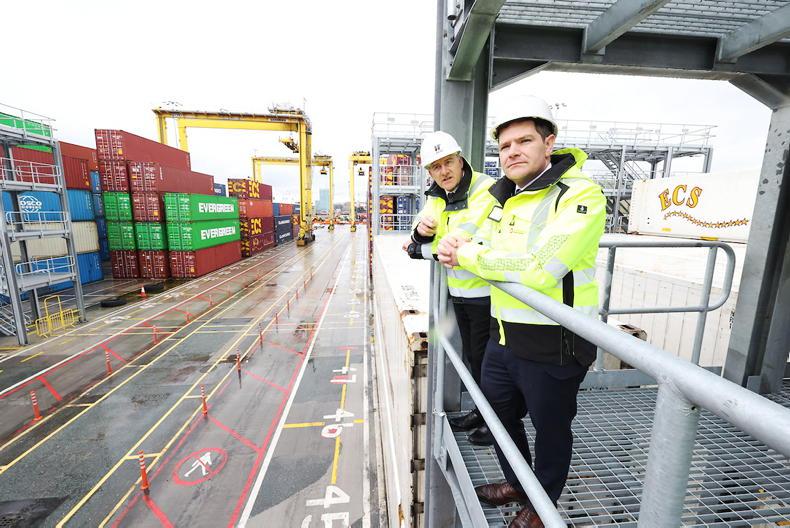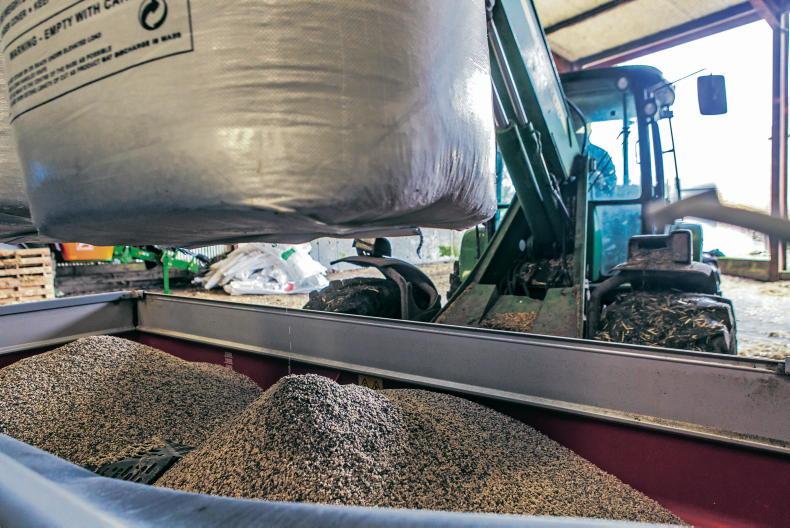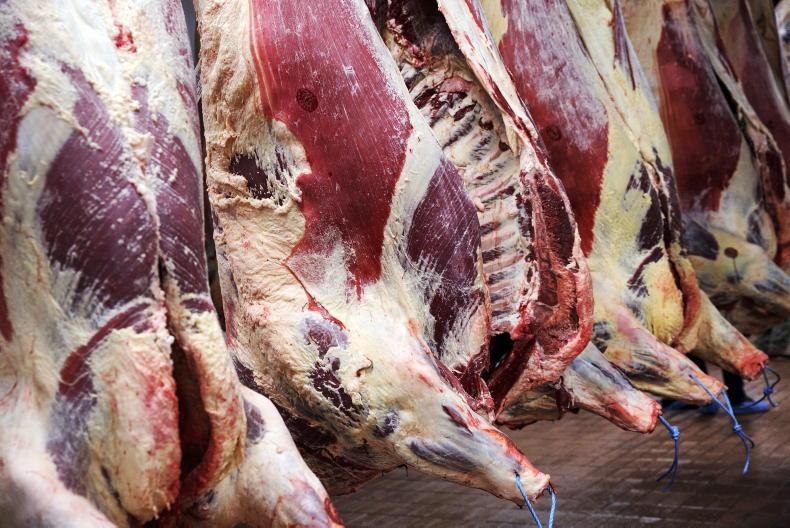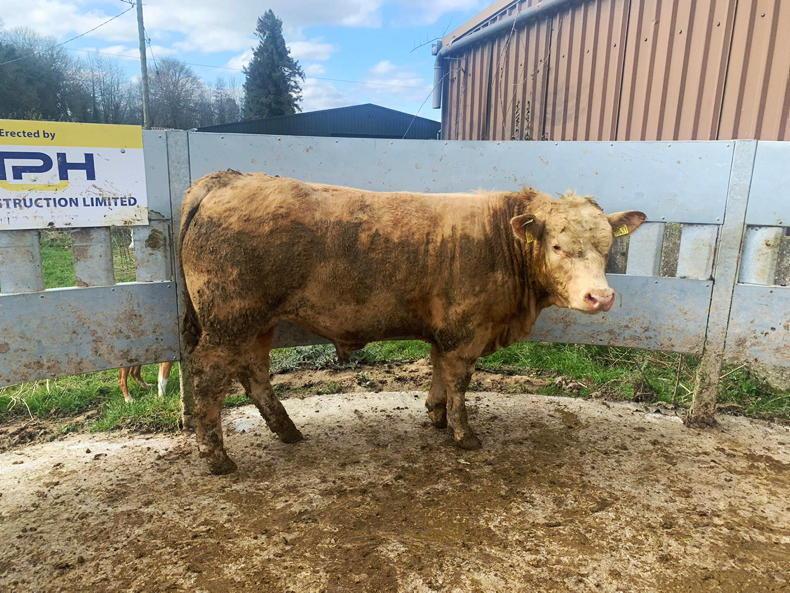The last few weeks have sown the seeds for potential major changes in farming.
Farming states in the United States of America voted almost unanimously for Donald Trump and repeatedly throughout his campaign he professed “how much he loved farmers”.
Last time he was in office, he imposed tariffs on Kerrygold butter, the main imported brand in the US. The US is also a huge market for Irish whiskey – both products are likely to be in his sights when he takes over the presidency.
At the same time, the new EU Agriculture Commissioner Christophe Hansen from Luxembourg was appearing before the European Parliament, leaving us in no doubt not only that he understood farming, but partly blamed the pressures of farming for his brother’s untimely and premature death.
Side-by-side with these two key international changes, we had a conference on the future role of meat in the human diet held in Denver, Colorado in the US.
It may have been far away but Ireland was well represented by key meat processing personnel as well as Prof Alice Stanton from the Royal College of Surgeons in Dublin.
It was she who forced the climb down by the international EAT Lancet Commission on the importance and desirability of red meat in the diet and she returned to this theme as she addressed the Denver conference
This theme was taken up in a fine speech by Dr Badi Besbes of the United Nation’s Food and Agriculture Organisation (FAO) where he is head of the Sustainable Animal Production Division.
He was speaking at Teagasc’s sustainability conference but for me, his main message was the certainty with which he forecast a continuing increase in the demand for meat, despite static future consumption in Europe.
Almost in a throwaway remark, he drew attention to the conflict for governments between opting for cheap food imports while sustaining home production. “Countries in general will not accept that they should outsource food,” he added.
We see this attitude in countries such as Kenya where despite GDP per head being roughly one-twentieth that of Ireland, Kenyan farmers receive about twice the price for their wheat as Irish farmers.
All of these uncertainties leave a major exporter such as Ireland’s food sector dependent on meeting quality criteria.
However customers and governments define these as well as having negotiators who understand international trade and are in a position to influence proposals and outcomes.
It is noticeable how the Irish presence in senior positions in the EU Commission has declined in recent years. It is a deficit that should be tackled energetically as we enter a less certain and more demanding world.










SHARING OPTIONS